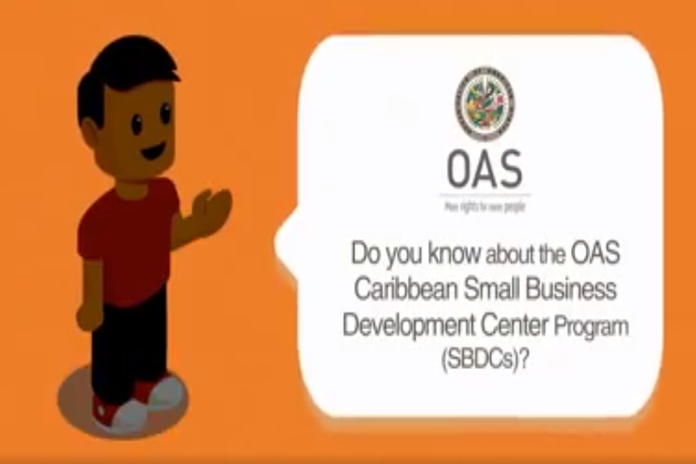USA / BRAZIL – The Organization of American States (OAS) and Brazil signed an agreement to promote small businesses in the country through implementation of the OAS-led Small Business Development Centers (SBDC) program, which provides businesses with technical assistance and expertise.
The two-year collaboration between the executive secretariat for Integral Development (SEDI) of the OAS and the Brazilian Micro and Small Business Support Service (SEBRAE) aims to advance the adaptation of the SBDC model in Brazil and contribute to the development of a stronger network of micro, small and medium Enterprises (MSME) support institutions in the country.
Through this new cooperation, the OAS will provide technical assistance and will support the expansion of the micro and small enterprise sector in Brazil by fostering the exchange of best practices of the SBDC model, focusing on the delivery of standardized, high-quality technical assistance by MSME support institutions with a focus on women and youth. Activities will also seek to address some of the challenges facing MSMEs in the post-COVID context including a lack of growth-oriented entrepreneurship, low productivity and low levels of innovation, limited access to appropriate finance, weak managerial and workforce skills, and an inability to exploit scale economies.
During the signing ceremony of the memorandum of understanding, OAS executive secretary for integral development Kim Osborne affirmed that:
“SEDI is keenly attuned to the immensity of the changes that the pandemic has wrought, and recognizes the imperative to support small business growth and economic development in Brazil and the wider Latin American and Caribbean region through effective partnerships and collaboration. We are resolute in our efforts to transmute “talking points” about facilitating business growth into “doing points.”
For his part, Carlos Melles, president of SEBRAE explained that:
“The entrepreneurial spirit has been growing a lot in Brazil. Micro and small enterprises account for 99 percent of the country’s companies, almost 30 percent of GDP and more than 44 percent of payroll.” In addition to the formalization of entrepreneurs, Melles stressed that SEBRAE is establishing partnerships “to increase competitiveness, promote training and job creation and access to credit for companies.”
In his remarks, the US interim Representative to the OAS, Bradley Freden, expressed his country’s support for the program stating that:
“We have no doubt that the OAS SBDC program will enhance prosperity in Brazil, and will have a multiplying positive effect across the region. This partnership with Brazil will allow us to promote innovation and investment, prioritize the technological skills and training needed to meet the demands of the 21st century, and expand access to economic opportunity for underrepresented groups.”
Launched in 2012, the SBDC program initially focused on supporting the countries of the CARICOM region in the adaptation of the US-SBDC model. With the continued funding support of the Permanent Mission of the United States to the OAS, the initiative has been expanded to include countries of the Latin American region including Ecuador, Uruguay and now Brazil.





